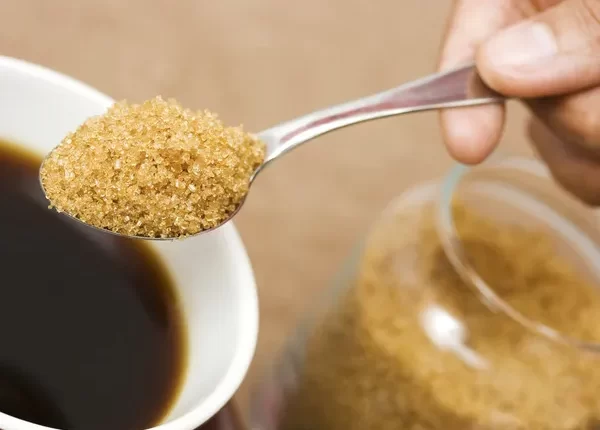Which Sweetener Impacts Insulin Sensitivity the Most? Artificial sweeteners can impact insulin sensitivity. Research suggests that sucralose, saccharin, and acesulfame-K may affect insulin levels. For instance, sucralose has been shown to cause an increase in insulin levels, potentially leading to decreased insulin sensitivity and insulin resistance.
Another study that was conducted recently reveals that different sweeteners in sugary drinks (SSBs) impact insulin sensitivity differently in young adults. This two-week trial sheds light on why some studies on insulin resistance show mixed results. For instance,
Fructose: The villain! It significantly worsened liver’s insulin sensitivity compared to the control (non-sugar) group.
Glucose: Hitting muscle hard, it lowered muscle insulin sensitivity more than fructose.
Sucrose & High-Fructose Corn Syrup (HFCS): Not as bad as fructose, but still hurt both muscle and liver sensitivity.
Aspartame (control): The good guy, showing no negative effects.
ALSO READ: High Dietary Insulin Index Linked to Increased Risk of Metabolic Unhealthiness
The Importance
Over 500 million people have diabetes, often linked to insulin resistance.
SSBs are major suspects, but studies haven’t always agreed on which sugars are the worst culprits.
This study, with its strict controls and focus on different sugars, clarifies the picture.
The Study showed 131 young adults drank different SSBs for two weeks (fructose, glucose, HFCS, sucrose, or aspartame). Their insulin sensitivity was measured before and after.
Results were clear: fructose targeted the liver, while glucose went for the muscles.
Study Limitations
- Short duration (2 weeks), needs longer trials for confirmation.
- Not randomized, could have bias.
- Only young adults, needs testing in wider groups.
Note: the effects of artificial sweeteners on insulin sensitivity can vary between individuals and further research is needed to fully understand their impact.
What Is Insulin sensitivity
Insulin sensitivity refers to how sensitive the body is to the effects of insulin. It is defined by the ability of insulin to clear glucose from the blood. Insulin sensitivity varies between individuals and can change according to various lifestyle and dietary factors. Insulin resistance, also known as impaired insulin sensitivity, happens when cells in the muscles, fat, and liver do not respond as they should to insulin, leading to elevated blood glucose levels. Improving insulin sensitivity is important for managing diabetes and overall health, and can be achieved through lifestyle changes such as exercise and dietary modifications[1].
ALSO READ: Insulin For Diabetics: This Portable Device Can Help You Store It At The Right Temperature Anywhere
How is insulin sensitivity measured
Insulin sensitivity can be measured using various methods. The most reliable method is the hyperinsulinemic euglycemic clamp, which involves infusing insulin and glucose into the bloodstream while measuring glucose uptake. However, this method is complex and time-consuming. Other methods include the oral glucose tolerance test (OGTT), which measures glucose and insulin levels after a glucose drink, and the homeostatic model assessment of insulin resistance (HOMA-IR), which uses fasting glucose and insulin levels to estimate insulin resistance. The Matsuda index is another method that uses glucose and insulin values from an OGTT to calculate insulin sensitivity. Additionally, insulin sensitivity can be estimated using simple surrogates such as the quantitative insulin sensitivity check index (QUICKI) and the homeostatic model assessment of insulin sensitivity (HOMA-S) [2]
What are the factors that affect insulin sensitivity
- Body Composition: Excess body fat, especially around the abdomen, can contribute to insulin resistance.
- Physical Activity: Regular exercise can improve insulin sensitivity.
- Dietary Factors: Certain dietary changes, such as reducing carbohydrate intake and increasing unsaturated fats, may help improve insulin sensitivity.
- Genetics: Genetic factors can influence an individual’s predisposition to insulin resistance.
- Age: Older individuals are more prone to insulin resistance.
- Medications: Some medications, such as metformin, can affect insulin sensitivity in individuals with diabetes.
It’s important to note that insulin sensitivity can vary between individuals and can be influenced by a combination of genetic, lifestyle, and environmental factors.









